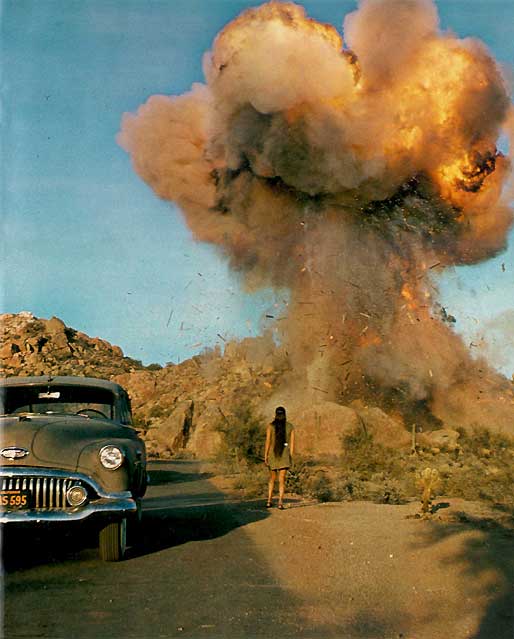 You hear the drumbeat from Tea Party activists and pandering politicians about how government is getting too much control of our lives, gaining too much power. Of course, the opposite is true. As technology continues personalizing and proliferating, government is going to have an increasingly harder time regulating business, communications and individuals. That implies both good and bad things. Personal liberties are paramount, but the ability to marshal the force of government is often crucial during crises.
You hear the drumbeat from Tea Party activists and pandering politicians about how government is getting too much control of our lives, gaining too much power. Of course, the opposite is true. As technology continues personalizing and proliferating, government is going to have an increasingly harder time regulating business, communications and individuals. That implies both good and bad things. Personal liberties are paramount, but the ability to marshal the force of government is often crucial during crises.
In “City of Fear,” an excellent 2007 Vanity Fair article by the routinely great William Langewiesche, the writer looks at how a Brazilian prison gang used cell phones to coordinate the shutdown of a city, and what this implies for the future of central control in general. Subsequent uprisings in Middle Eastern countries have made this piece seem prophetic. The article’s opening:
“For seven days last May the city of São Paulo, Brazil, teetered on the edge of a feral zone where governments barely reach and countries lose their meaning. That zone is a wilderness inhabited already by large populations worldwide, but officially denied and rarely described. It is not a throwback to the Dark Ages, but an evolution toward something new—a companion to globalization, and an element in a fundamental reordering that may gradually render national boundaries obsolete. It is most obvious in the narco-lands of Colombia and Mexico, in the fractured swaths of Africa, in parts of Pakistan and Afghanistan, in much of Iraq. But it also exists beneath the surface in places where governments are believed to govern and countries still seem to be strong.”
••••••••••
William Langewiesche and Stephen Colbert discuss the spread of nukes:
